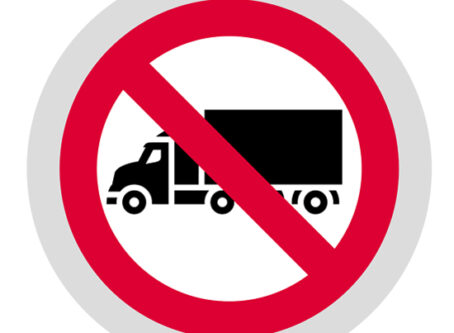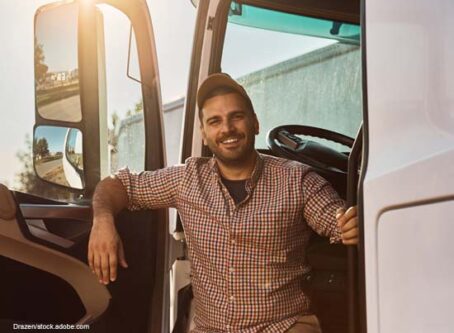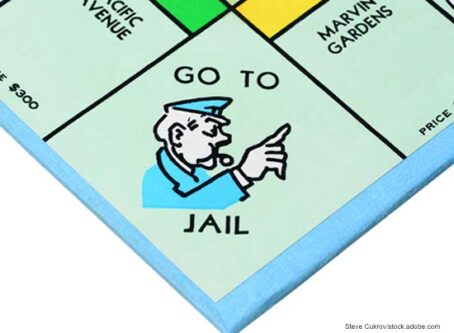Virginia lawmaker is lost when it comes to GPS bill
Editor’s Note: Shortly after the publication of this piece, Del. Terry Austin decided to drop pursuit of the bill following concerns from the trucking industry, including OOIDA.
I’ve been covering trucking news for nearly 15 years, and in that time I can’t tell you how many stories I have seen involving truckers who got themselves into a bad situation by blindly following the GPS in their trucks.
A recent example happened last September when a trucker lost an appeal over a $14,000 fine for an overweight violation. His defense? His GPS told him to go there. The court didn’t buy it.
And that’s just one story. We’ve seen it happen time and time again. Truckers follow their GPS and end up in all sorts of crazy places. I can recall another story a year or two ago about a trucker whose GPS led him onto an ice covered lake.
Then there’s the 22-year-old truck driver in Oregon who entered the wrong address in his GPS and ended up stranded in the Oregon wilderness for four days. In that case, his GPS saw a route that (a) was weight restricted and (b) didn’t really exist. So it sent him on to a forest service road that turned into a gravel road about 8 miles in. Things just got worse for the poor guy from there.
Or what about the time a truck driver in Utah followed his GPS into a series of switchbacks and nearly spilled his truck into a canyon outside Salt Lake City? Or the driver in Pennsylvania whose GPS led him onto a county road with a weight restriction that resulted in a $12,000 fine that sent the driver to jail when he couldn’t pay.
As I said, the list goes on and on.
One person who has apparently never read any of those stories is Virginia State Delegate Terry Austin, who recently proposed a bill requiring trucks to have and use a GPS on all noninterstate roads in Virginia. The language in the bill says the systems should be used to “assist those vehicles to (a) avoid low overpasses, (b) avoid prohibited roads and (c) identify highways suitable for such vehicles.”
Um, excuse me Delegate Austin, but those things don’t always work that way. In fact – if you’ll refer to my earlier examples – they often do just the opposite. There have been calls in the past for a national standard for GPS devices that would require the ones used for trucks to do all of that stuff, but the fact is such a standard doesn’t exist yet. And even if it did it would be costly and difficult to implement.
The reality is that it’s kind of hit or miss as to whether or not your GPS knows about weight restrictions, bridge heights and other pertinent information.
Which in turn makes Austin’s bill yet another example of lawmakers trying to force the use of technology they themselves don’t even understand.
More than that, it’s a classic example of how these lawmakers believe that misunderstood technology is somehow going to solve all of the problems out there on the road. In this instance, not only is that technology not fully capable of solving the problems Austin would like it to, it often creates those problems in the first place.
It’s too bad lawmakers like Austin don’t seem to understand that. Technology can be extremely useful, but it’s not a magic solution to all of our problems. And that’s largely because a single magic solution just doesn’t exist.
There is something that can help, though, more than all of the electronic gadgets in the world. That’s a well-trained driver behind the wheel. Emphasis on the “well-trained” part. Too bad we’ll have to wait another two years for the FMCSA’s entry-level driver training rule to kick in.
In the meantime, I suspect we’ll see more and more bad proposals like the one in Virginia. I don’t know whether that one will have any traction when the legislature returns to work in 2020, but I hope not. Maybe the lawmakers will be using their GPS devices on the day it comes up for a vote and find themselves in the middle of a cow pasture.
Of course that could backfire if they mistake a cow chip for this bill and vote on it anyway. I couldn’t blame them. I’d be hard pressed to tell the difference.









